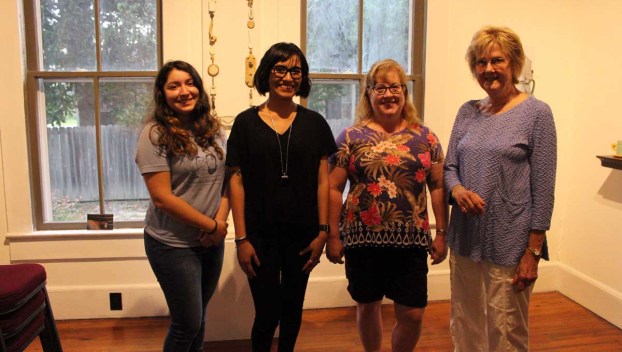
Ga Fl News
Immigrant support group highlights letters from inside detention centers
TIFTON — Members from South Georgia Immigrant Support Network (SGISN) hosted “Humans of Detention,” a letter reading event ... Read more

TIFTON — Members from South Georgia Immigrant Support Network (SGISN) hosted “Humans of Detention,” a letter reading event ... Read more